Family members affected by addiction face challenges in the context of stress, stigma, and isolation. We aimed to understand how, and to what extent, an online peer-led support group for family members impacted their self-efficacy, social support, and well-being. We used a mixed-methods design, comprising within-subjects analysis of pre-and post-intervention data (n=23) and conventional content analysis of interviews (n=11). Participants were recruited from an online addiction education program. Results indicated significant improvement in general self-efficacy (b=2.63, 95% CI 0.82, 4.44, p=0.004). Three themes of participants’ experiences were: connecting with others who share the same world; facilitators make the group; and accessing support in a crisis. Our research suggests a supportive online group, using skilled lived-experience facilitators, provides an opportunity for affected family members to share and connect when they need.
Presenters
Freya Horn, Research Assistant, Turning Point, Eastern Health
Freya is a Research Assistant in Turning Point’s Clinical and Social Research team. Freya works on projects with Turning Point’s telephone and online services. Freya completed a Graduate Diploma of Psychology (Advanced) at the University of Melbourne in 2020.
Glenn Hunter, Project Lead, SHARC
Glenn Hunter is a Project Lead in the Family Drug and Gambling Help team at SHARC (Self Help Addiction Resource Centre). Glenn oversees and facilitates the psychoeducation program Breakthrough: Families Understanding Addiction, for families affected by someone’s alcohol, drugs, or gambling. Glenn is a former Police Officer with qualifications in Alcohol & Other Drugs and Mental Health.
Credited Authors
Robert Campbell, Program Manager, Family Drug & Gambling Help, Self Help Addiction Resource Centre (SHARC)

